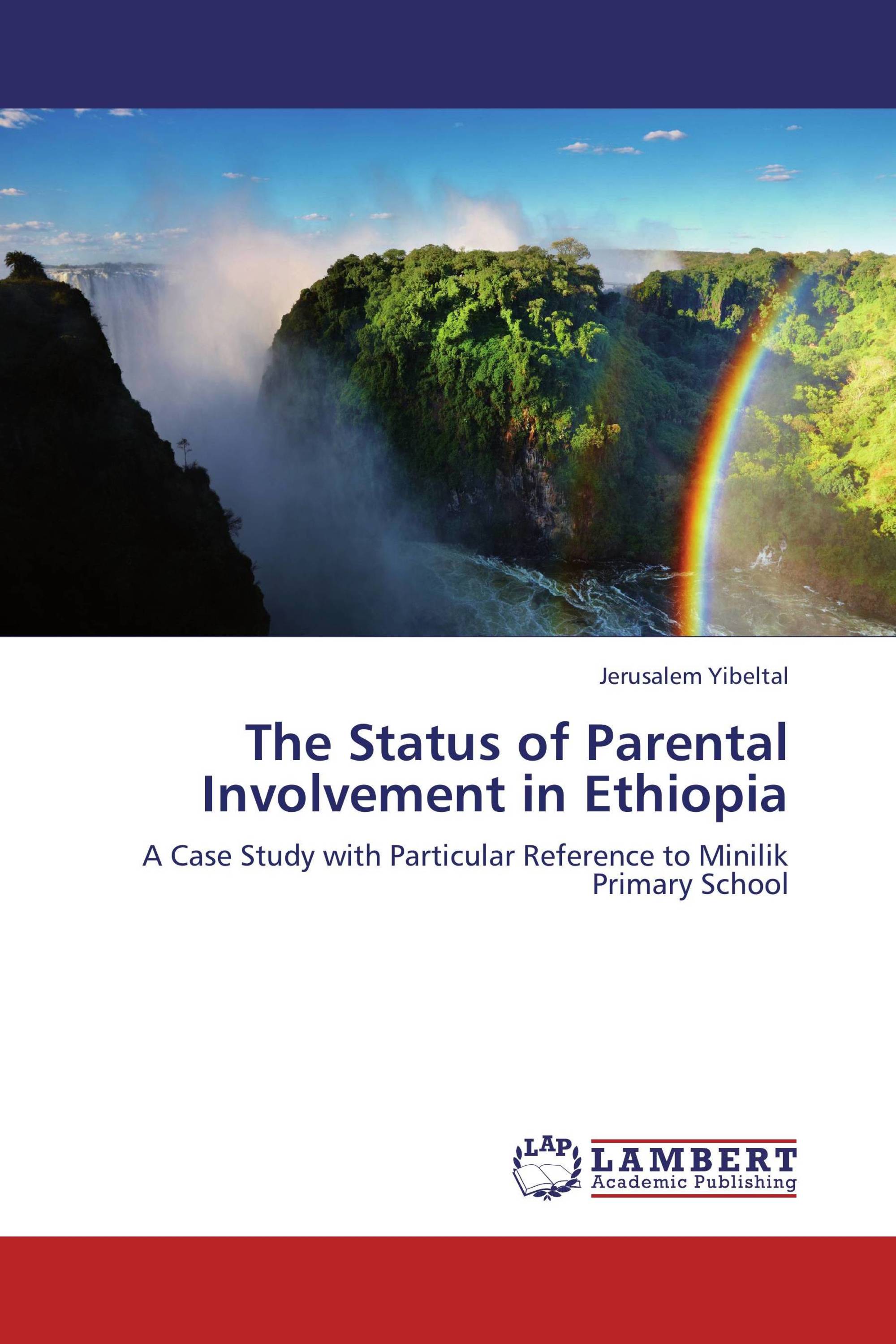
This questionnaire was designed as part of a doctoral dissertation titled, “An assessment of perceptions of parental autonomy support and control: Child and parent correlates,” done by Robert J. Robbins in the Department of Psychology at the University of Rochester under the supervision of Richard M. Ryan Education begins at home. The responsibility to socialize and educate children is a shared obligation between parents and schools. In order for a child to reach academic achievement, parents must be involved and participate in the educational process. The more parental involvement, the more students are likely to become productive members of society as well as excel in academics This dissertation would not have been complete without the guidance of my committee members, my friends, and my family. children when it comes to parental involvement in schools, in the traditional sense. Research has indicated disconnects between parents’ engagement, as
Frontiers | Effect of Parental Involvement on Children’s Academic Achievement in Chile | Psychology
NOTE: Refresh your browser a few times if you are unable to download the scale. The scales are completed by children to describe their mothers and their fathers. Involvement concerns devoting resources to their children—that is, being available to them, knowledgeable about their lives, and concerned about what is going on for them.
Thus, mothers and fathers each get a score on the degree to which they are perceived as autonomy supportive and involved by their children. Factor analysis of the scale has revealed a clear four-factor solution with factors labeled mother involvement, mother autonomy support, father dissertation on parental involvement, and father autonomy support. The child POPS was developed, by Grolnick, Ryan, and Deci It has 22 items, 11 mother items and then the same 11 items for fathers. These items form an autonomy support subscale for each parent and an involvement subscale for each parent.
Because the scale is used with children as young as 8 years old, dissertation on parental involvement, and often in classroom settings, we have the children respond right on the questionnaire by circling a letter in front of the one out of four description of a parent that is most like their own parent, dissertation on parental involvement.
The college-student version of the POPS is intended for use with participants who are late adolescents or older. The scale has 42 items: 21 for mothers and 21 for fathers.
From these items, 6 subscale scores are calculated: Mother Autonomy Support, Mother Involvement, dissertation on parental involvement, and Mother Warmth, as well as Father Autonomy Support, Father Involvement, and Father Warmth. Robbins in the Department of Psychology at the University of Rochester under the supervision of Richard M. The Robbins dissertation provided preliminary evidence for the reliability and validity of the scale. This study linked parental autonomy support to autonomy-related child outcomes, including self-esteem, self-regulation, mental health, and causality orientations.
Dissertation on parental involvement also showed that high perceived parental autonomy support was associated with greater vitality and self-actualization, while low perceived parental autonomy support was associated with greater separation-individuation difficulty. The scales called Perceived Autonomy Support: The Climate Questionnaireswhich appear in a different packet within the questionnaires section of this web site, are somewhat related to the POPS.
Both sets of questionnaires involve individuals reporting their perceptions of a target other. However, there are the following differences. First, all of The Climate Questionnaires were designed for use with college students or other adults, whereas one of the POPS was designed for children. Furthermore, The Climate Questionnaires assess only perceptions of autonomy support, whereas the POPS also assesses perceived involvement in both the child and the college-student versions, and it assesses perceived warmth in the college-student version.
Grolnick, W. Internalization within the family: The self-determination theory dissertation on parental involvement. Kuczynski Eds. New York, NY: Wiley, dissertation on parental involvement. Journal of Educational Psychology, 83, Robbins, R.
An assessment of perceptions of parental autonomy support and control: Child and parent correlates. Unpublished Doctoral Dissertation, Department of Psychology, University of Rochester, New York. Niemiec, C. The antecedents and consequences of autonomous self-regulation for college: A self-determination theory perspective on socialization. Journal of Adolescence, 29, Skip to content Perceptions of Parents Scales POPS. Perceptions of Parents Scales - Full Perceptions of Parents Scales - Child Scale Perceptions of Parents Scale - College-Student Scale
Parental Involvement
, time: 2:38Dissertation Topics in Education [Updated ] ~ WritePass : The WritePass Journal

You can hire experienced writers who are always ready to offer you a helping Parental Involvement Homework And Tv Time hand with any assignment and with any deadline. Type of paper 79%. 7d deadline. Total price: $ DISCLAIMER: blogger.com provides custom writing and research services to clients as dictated in our terms and conditions of Aug 12, · Remember- dissertation topics need to be unique, solve an identified problem, be logical, and be practically implemented. Please look at some of our sample law dissertation topics to get an idea for your dissertation. How to Structure your Law Dissertation. A well-structured dissertation can help students to achieve a high overall academic grade Education begins at home. The responsibility to socialize and educate children is a shared obligation between parents and schools. In order for a child to reach academic achievement, parents must be involved and participate in the educational process. The more parental involvement, the more students are likely to become productive members of society as well as excel in academics
No comments:
Post a Comment